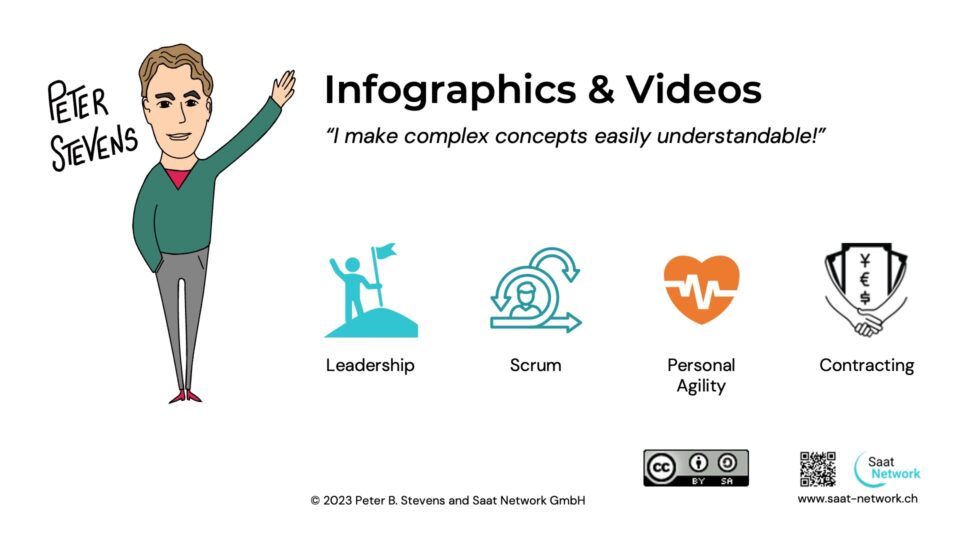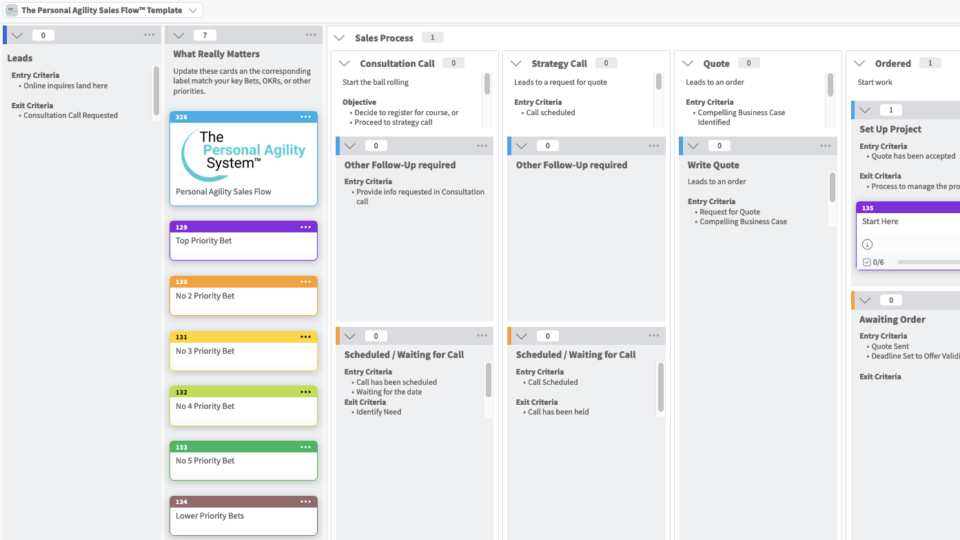Scrumbut, or What could you omit from Scrum?
01-09-2014Why partner with Peter Stevens on Scrum?
07-09-2014Jurgen Appelo recently wrote:
I know of no industry in the world that is as infested with methods and frameworks as the software business. Whether it’s RUP, XP, Scrum, AUP, DAD, or SAFe, it seems IT businesses are always looking for yet another method or framework that they can “implement” next month.
As a retailer, how often do you come into contact with filmmaking? Not very often. How often do you come into contact with road building? Except when you are stuck in traffic due to a construction site, not very often.
How often do you come into contact with IT? Every business comes in contact with IT. Whether to sell on online, automate processes, manage work, or whatever, every IT and software are everywhere. And IT projects can be extremely complex and failure is quite common.
And IT is so widespread, there aren’t enough experts to go around — or why does Jurgen tour the world to promote his book and his framework, instead of working with individual companies to help them improve?
Most people have no idea where to begin. Our instincts from our hunter-gatherer phases evolution are often counter-productive. So frameworks are essential. They are reasonably well understood place to start. Some of them even work pretty well, like Scrum (or even Kanban 😉 if you apply them reasonable well. And this is hard part.
For some more research-driven explanations as to why frameworks are helpful, see Chip and Dan Heath’s book: Switch, or How to Change when Change is Hard. Their example on Minimally Invasive Cardiac Surgery is particularly illuminating. Taking on a new complex activity requires a good place to start, a lot of practice, and a willingness to learn.





2 Comments
"Why does Jurgen tour the world to promote his book and his framework, instead of working with individual companies to help them improve?"
Why don't you ask him directly? Instead of offering the question to your own readers? He might have a sensible answer.
Hi Jurgen,
Sorry for the delay in publishing your comment!
Actually, the original version of this article was a comment on your blog entry. Though when I look at it now, I don't see my reply. I don't know what happened to it.
I thought the topic and the answer were important enough to justify publishing it independently.
And I am sure you do have a sensible answer.
Best,
Peter